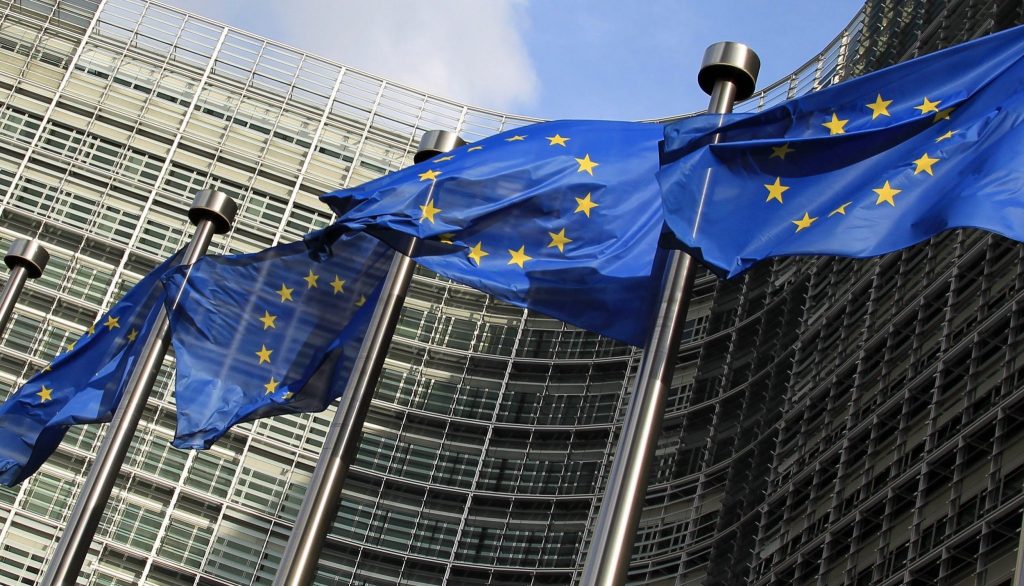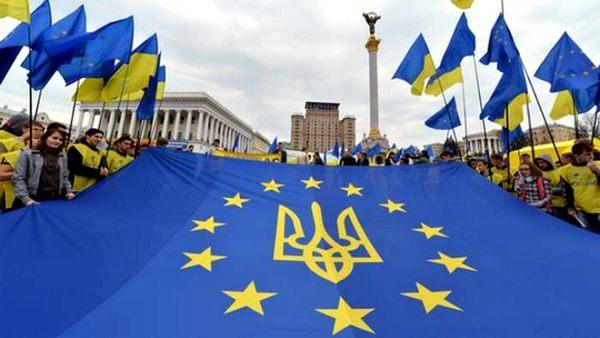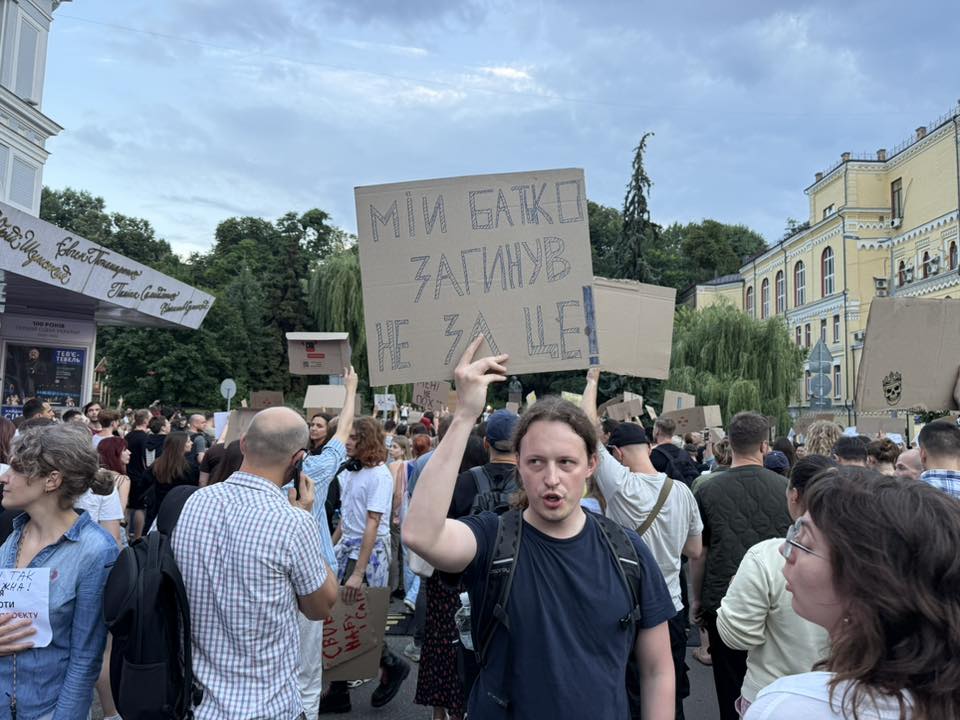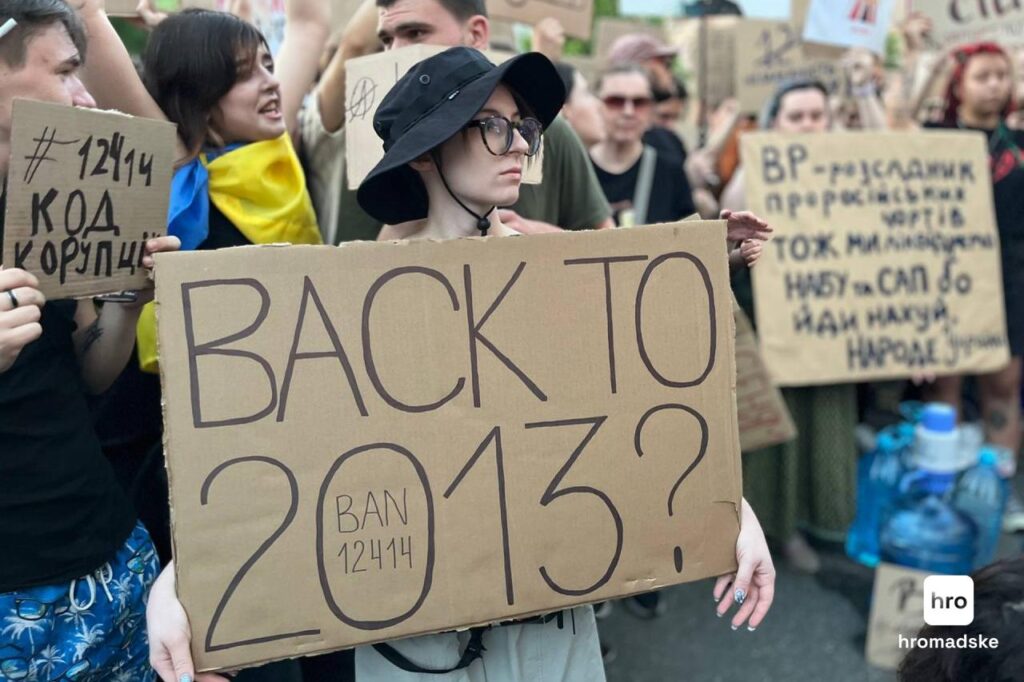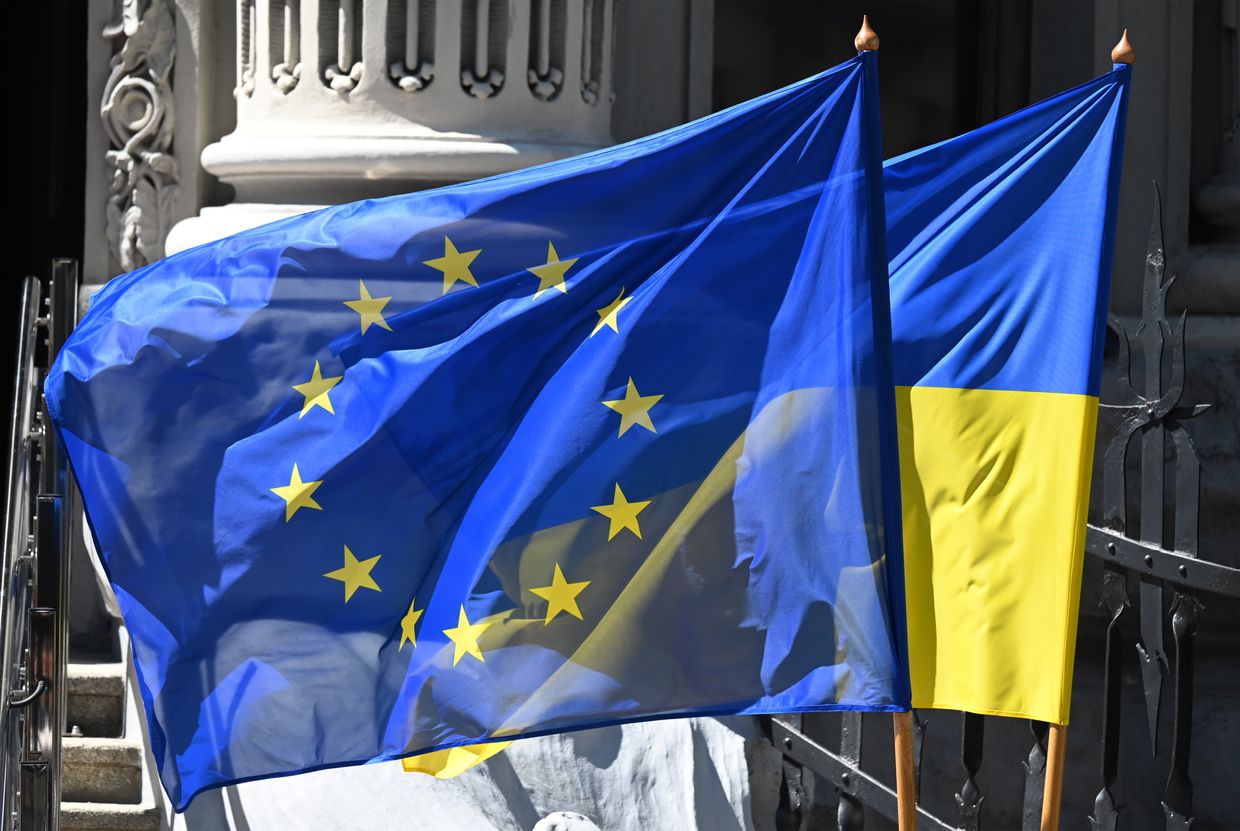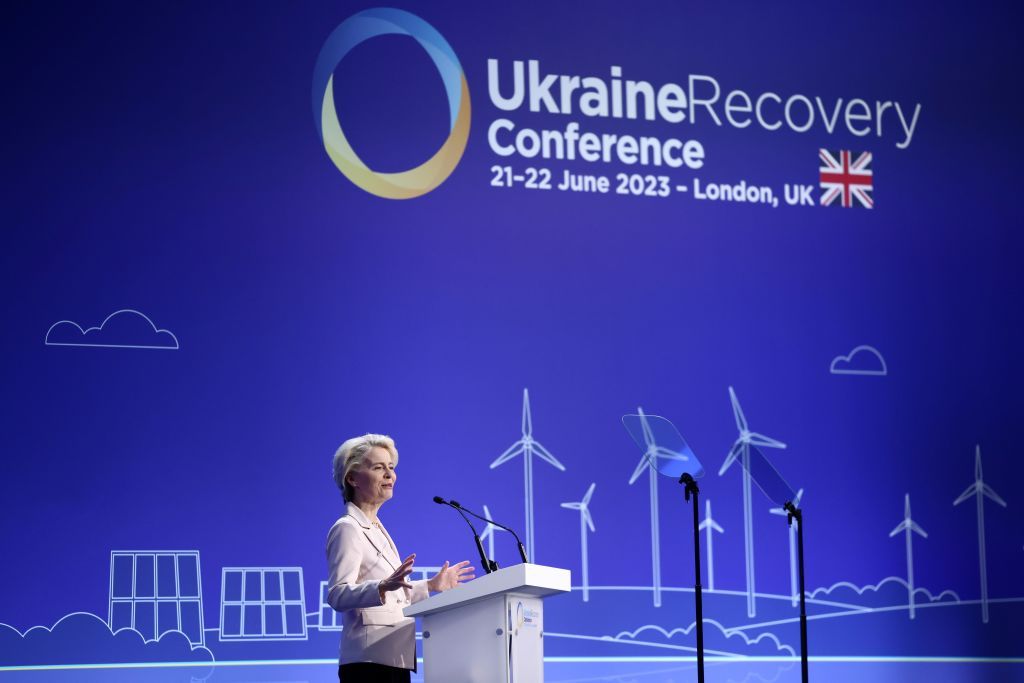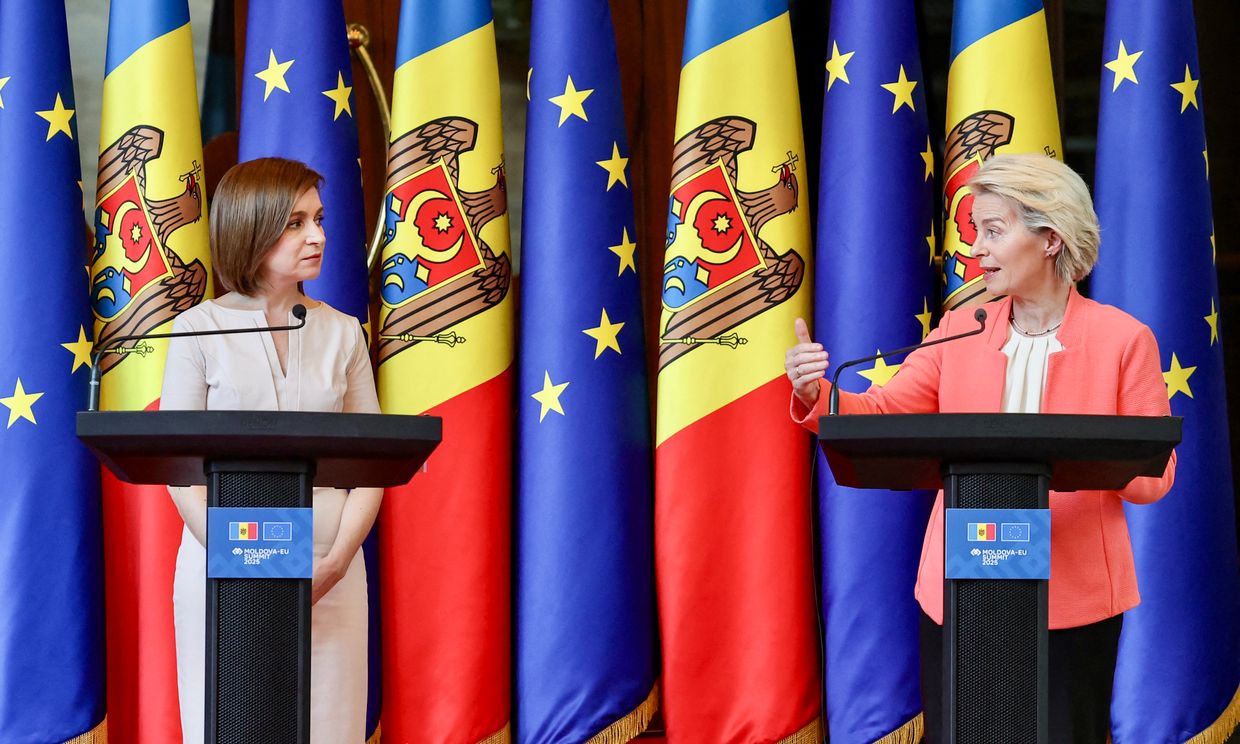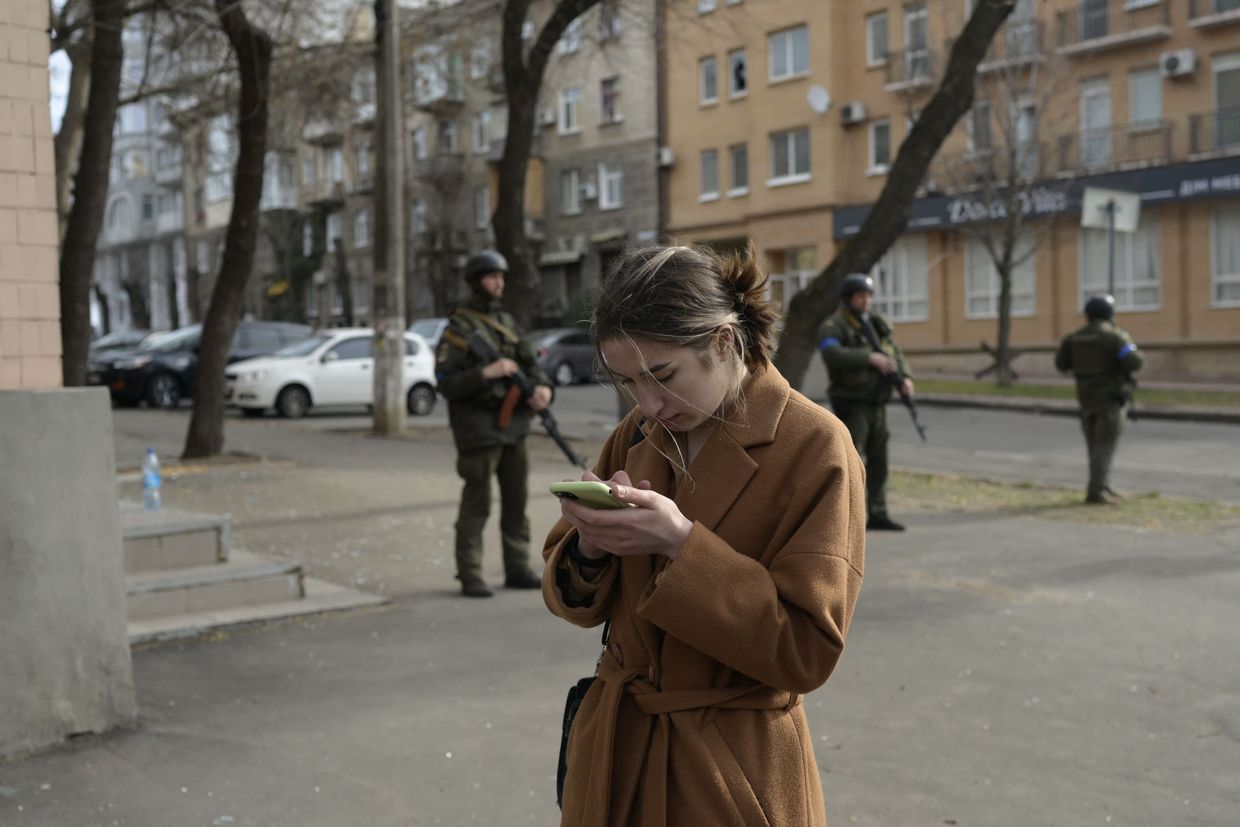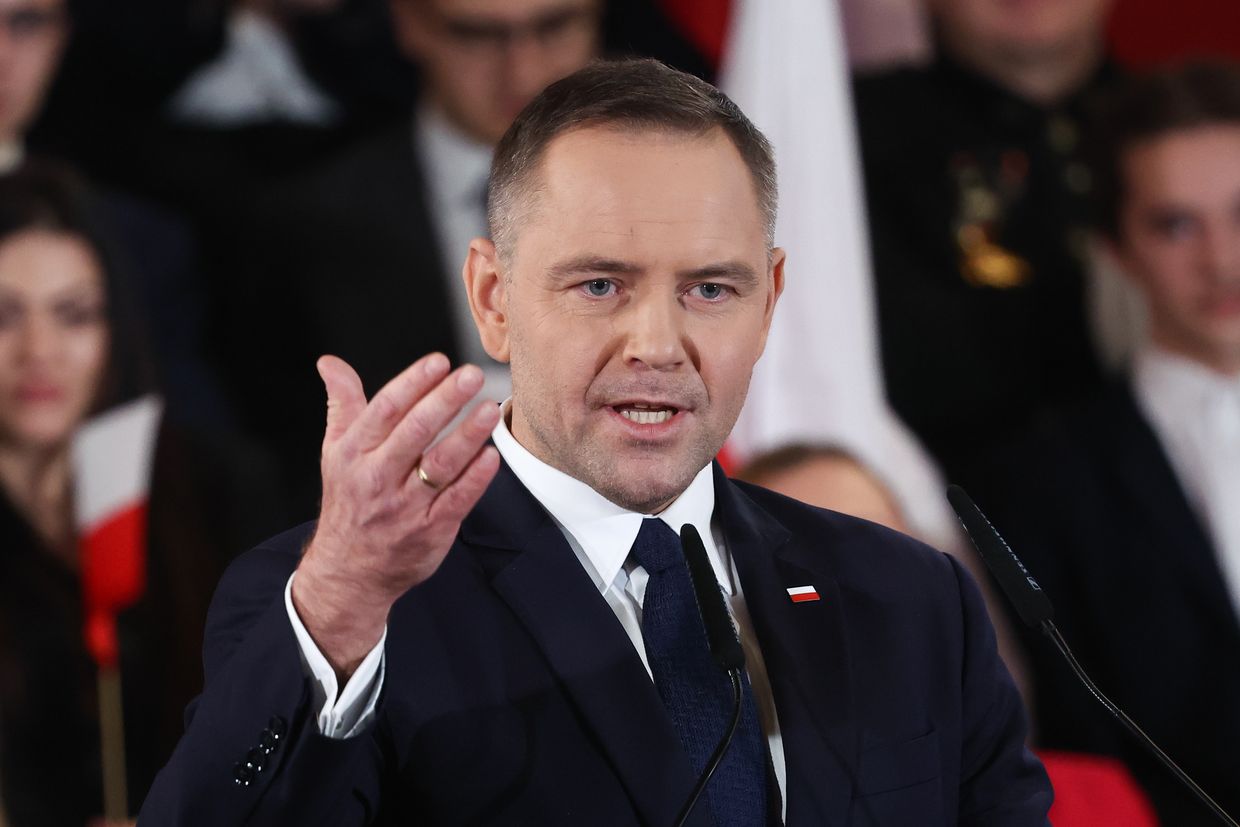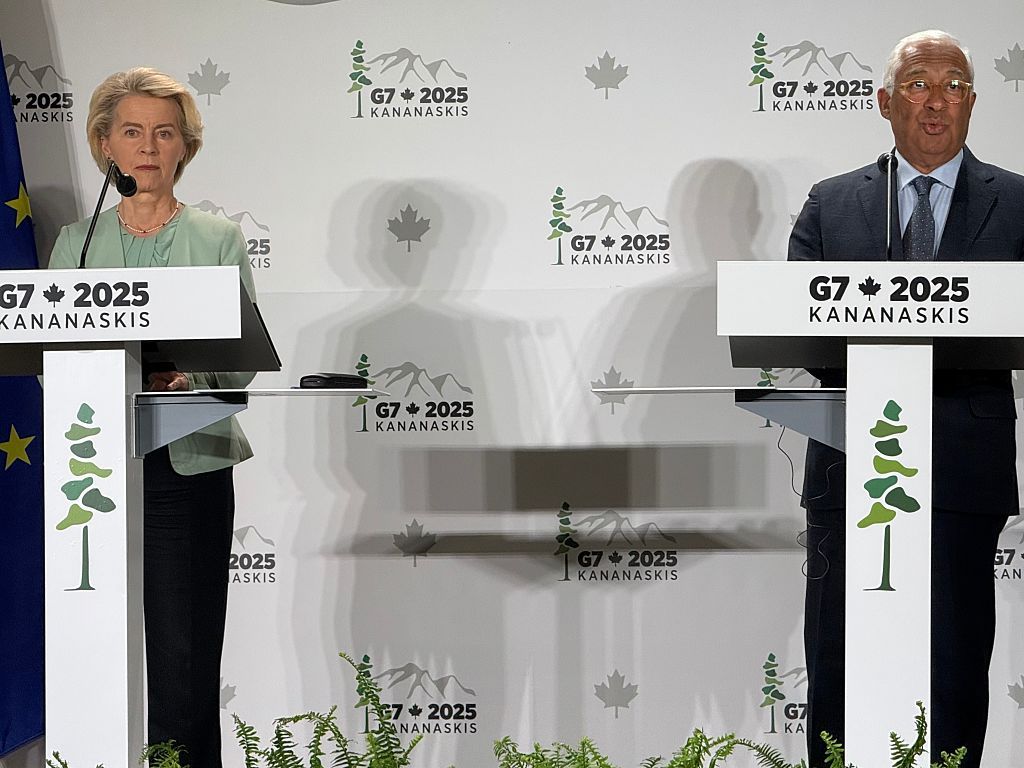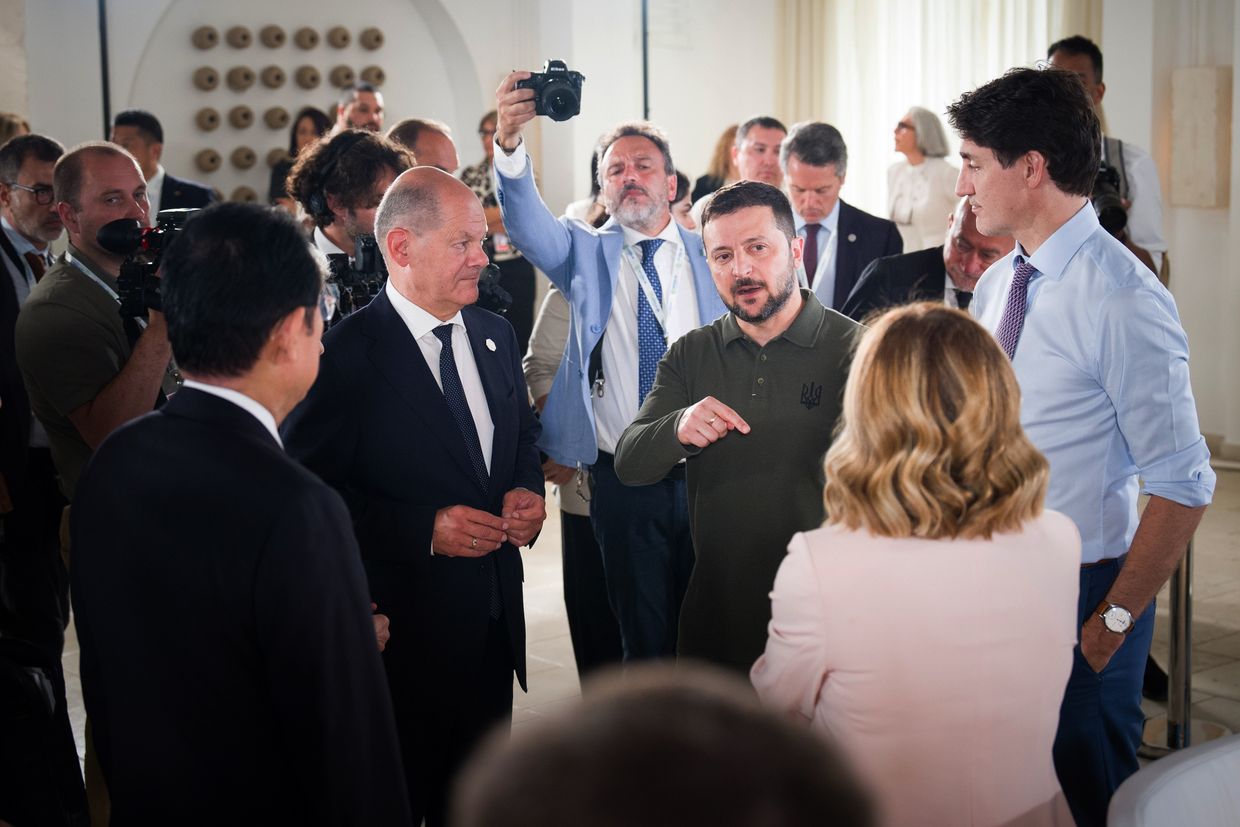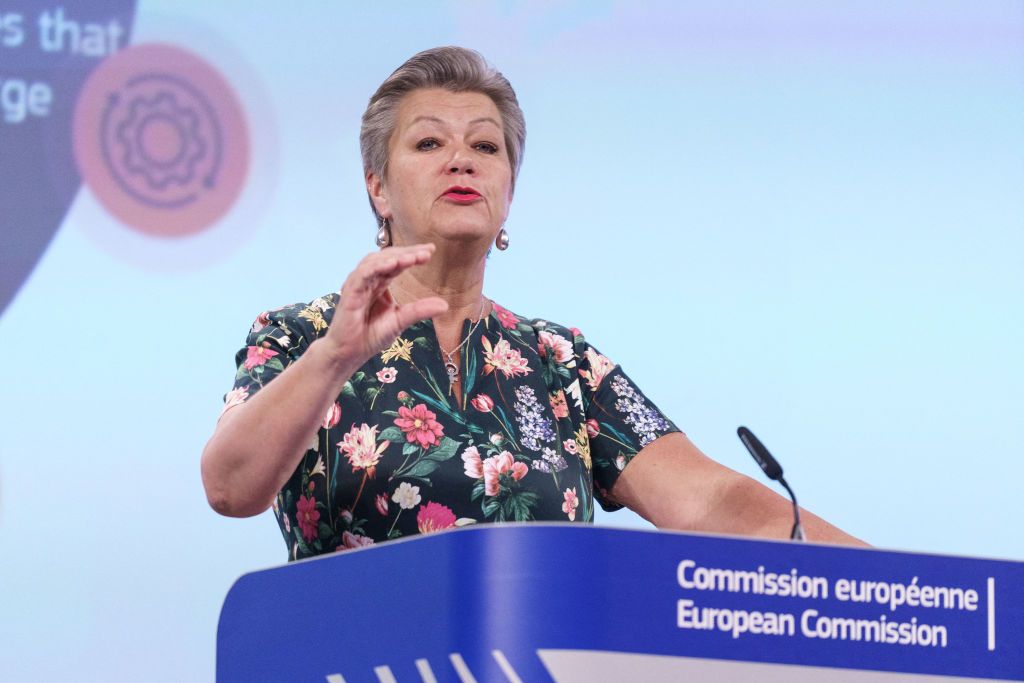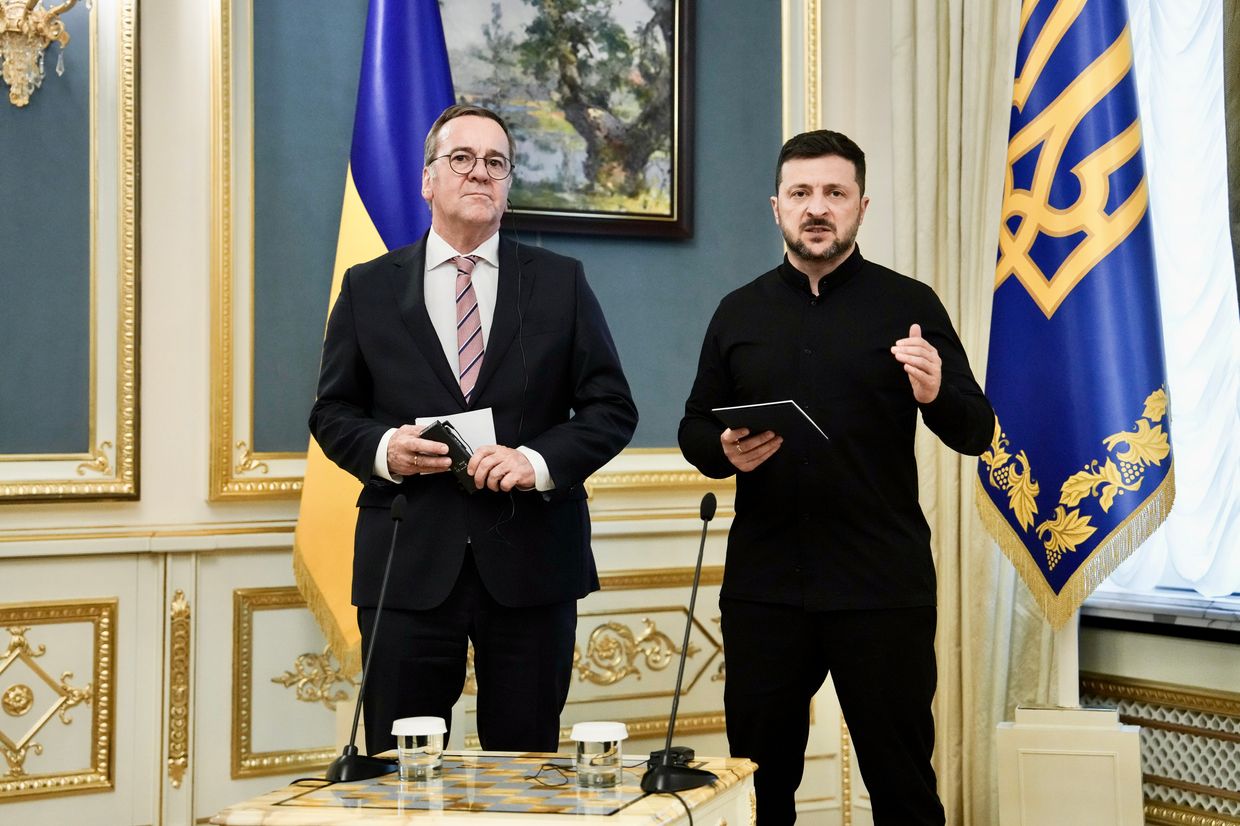The EU is withholding billions from Ukraine and honestly, it’s kinda fair
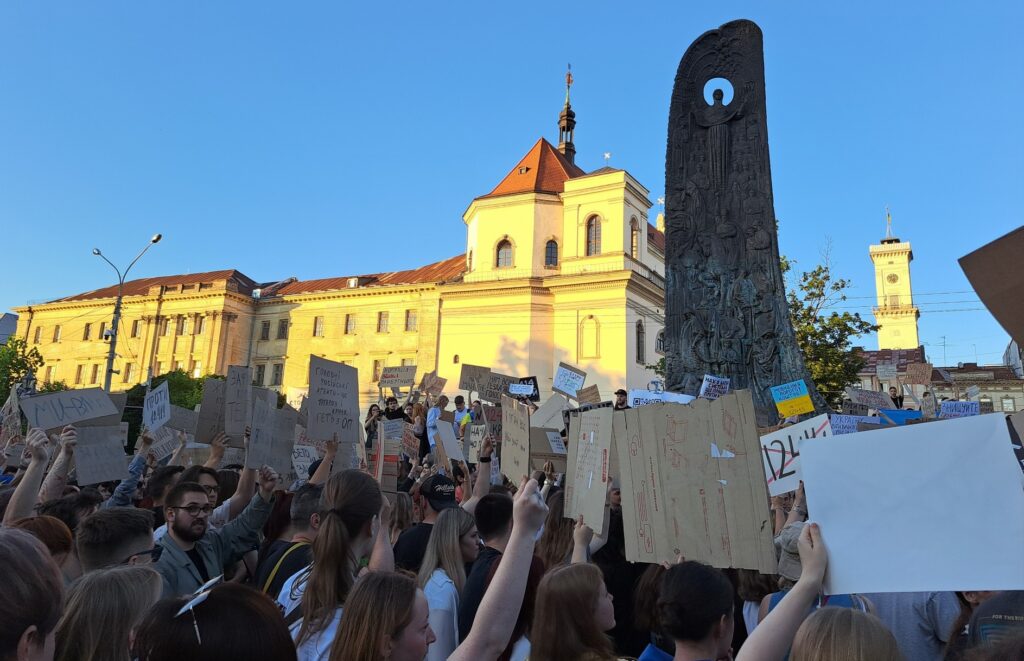
Ukraine reversed a controversial oversight law on 31 July, a move that promises to restore the independence of key anti-corruption bodies. However, the damage may already be done: the EU has frozen $1.7 billion in aid, which puts more people at risk. Why did Brussels pull the brakes, and what will it take to unfreeze the funds? Here’s what you need to know.
What happened?
On 22 July, Ukrainians took to the streets in mass protests after the Verkhovna Rada hastily passed draft law No. 12414. The law aimed to place Ukraine’s premier anti-corruption agencies — the National Anti-Corruption Bureau (NABU) and the Specialised Anti-Corruption Prosecutor’s Office (SAPO) — under broader prosecutorial oversight.
Protesters saw this as an attempt to weaken the country’s flagship anti-corruption institutions. Days later, the European Union froze $1.7 billion in financial support — the first such move under the $57 billion Ukraine Facility fund. Another $3.8 billion now hangs in the balance.
On 31 July, facing pressure from protesters and foreign partners, the Verkhovna Rada repealed the law. This was a victory for civil society, but Brussels remains cautious.
Why did Brussels act now?
Since Russia’s full-scale invasion began, the EU has shown considerable patience with reform timelines. But patience has limits. The European Commission clarified that financial support depends on concrete, verifiable reforms — not just promises.
For years, Ukraine has pledged to protect independent anti-corruption institutions, something most Ukrainians see as a tangible result of the 2013-14 Revolution of Dignity. Brussels now believes those promises are eroding.
The hastily passed law on 22 July was the final trigger. Even though Ukraine repealed it nine days later, credibility was damaged.
Was this just about one law?
No. Behind the scenes, European diplomats had been signaling concerns for weeks. According to official commentary cited by Serhiy Sydorenko in European Pravda, the European Commission flagged structural problems during an 11 July subcommittee meeting — weeks before the controversial law was passed.
EU officials warned Kyiv of backsliding in anti-corruption policy, including slow appointments to key posts like the SAPO head and a lack of follow-through on previously promised reforms. While the protest and repeal made headlines, the decision to suspend funds had deeper roots.
The EU’s emphasis isn’t on a single legislative act, but on Ukraine’s broader governance trajectory. The freeze wasn’t a reaction — it was a culmination.
What’s the problem with NABU and SAPO?
NABU was created in 2015 to investigate high-level corruption. SAPO, its prosecutorial counterpart, was founded the same year to ensure such cases reach court. Together, they form Ukraine’s flagship anti-corruption structure.
Both agencies have delivered results — investigating former MPs and state-owned company executives, exposing schemes like Ukrzaliznytsia officials purchasing more than 11,000 COVID-19 PCR tests at inflated prices. But they’ve also faced internal pressures and political interference.
The now-repealed law would have effectively removed their operational autonomy by altering oversight mechanisms — precisely what the EU wants Ukraine to safeguard. Repealing the law was necessary, but Brussels is watching what comes next.
Is it just about NABU and SAPO?
No. The Asset Recovery and Management Agency (ARMA) presents an even bigger problem. ARMA handles confiscated assets from corruption cases: bank accounts, apartments, luxury cars, and company shares. The concept is straightforward — crime shouldn’t pay.
But ARMA has a serious credibility problem. Assets have vanished, and auctions have been opaque, with luxury items sold at suspiciously low prices. Some of ARMA’s officials are under investigation.
A March 2025 audit by Ukraine’s Accounting Chamber revealed the scope of dysfunction. Of more than 100,000 court rulings instructing ARMA to manage seized assets, only 1% were transferred, leaving over UAH 39 billion unmanaged. Over 61% of disposed assets lacked proper market valuation, resulting in estimated losses of UAH 769 million. Staff shortages and underfunding (just 56% of needed resources) have impeded the agency’s ability to conduct proper oversight.
The EU demands serious structural reform: a public asset registry, transparent auction procedures, and an independent supervisory board. Without these, the additional $3.8 billion will be suspended.
How does the EU make these freezing decisions?
The Commission’s actions are tied to the European Reform Agenda (ERA), a jointly agreed-upon roadmap between Ukraine and the EU. The ERA outlines reforms needed to keep financial and political support flowing, covering judicial reform, public administration, democratic standards, and anti-corruption.
The Commission can recommend a funding freeze when Ukraine fails to meet ERA milestones. This decision must be endorsed by a qualified majority of EU member states — not a unilateral move, but a multilayered institutional process. Bodies like the European Court of Auditors and the European Anti-Fraud Office also provide input.
This wasn’t a political knee-jerk reaction. It was a coordinated decision by multiple EU institutions concluding that Ukraine had failed to meet key transparency and institutional independence conditions.
Is the EU turning its back on Ukraine?
Far from it. Brussels is doubling down on standards. After missteps with countries like Hungary, where Viktor Orbán took EU money while gradually dismantling democratic institutions, Brussels learned that early neglect leads to long-term democratic backsliding.
With Ukraine, the stakes are higher. Never before has the EU committed so much money, and never to a country at war. The EU is holding Ukraine to higher standards precisely because it wants Ukraine to succeed.
What’s at risk for Ukraine financially?
The war has ballooned Ukraine’s budget needs. Western aid helps fund pensions, salaries, schools, and basic services — not just weapons. The frozen $1.7 billion was part of that lifeline. The potential additional $3.8 billion represents almost 10% of the total Ukraine Facility.
Even temporary freezes hurt. Creditors grow nervous. Budget planning becomes chaotic. Most importantly, public trust in government commitments begins to erode. Credibility becomes your most valuable currency when you’re fighting a war while depending on international support.
Does war excuse reform fatigue?
Ukrainian officials argue that wartime makes reforms harder to implement. Brussels has responded that being at war makes transparent, accountable institutions more critical, not less. When you’re depending on billions in international aid, donors need absolute confidence that money is being handled properly.
The EU’s position is clear: wartime doesn’t justify rolling back anti-corruption measures — it makes them more urgent.
Can Ukraine reverse the freeze by year-end?
Yes, and there are signs of movement. Repealing the oversight law on 31 July was a first step. Ukraine must demonstrate “verifiable corrective steps” — actions, not promises.
This means protecting NABU’s independence, restoring SAPO’s prosecutorial authority, and ensuring both agencies can operate without political interference. Some draft laws are already in the works, and civil society remains vocal.
According to European Pravda, EU officials have reportedly received informal commitments from Ukraine to pass corrective measures in the autumn. These will be scrutinized not only for their content, but also for how transparently and independently they’re implemented. There’s quiet hope that the suspension can be reversed before year-end — but only if progress becomes visible soon.
The $1.7 billion freeze stems from three unmet reform indicators:
- Territorial reorganization of executive power (draft law #4298, registered in 2020, costing $570 million in lost funding);
- Selection of High Anti-Corruption Court judges (legally enabled in June but still not implemented);
- ARMA reforms (already discussed above).
Additionally, Ukraine faces another overdue commitment — vocational education reform legislation due by the end of June — which could trigger further funding penalties in the next reporting period.
The EU’s rules give Ukraine 12 months to complete any reform milestone after the original deadline has passed. This grace period means the funds can still be released in full — but with a delay. However, Kyiv has already lost four of those twelve months. In the case of ARMA, that delay is even more tangible. Due to the agency’s non-compliance with basic criteria, Ukraine has definitively lost out on $85 million in performance-based funding tied to asset recovery benchmarks.
Can Ukraine save the $3.8 billion?
Saving the $3.8 billion requires comprehensive ARMA reform. Ukraine needs legislation ensuring transparency, accountability, and protection from political interference. This means proper oversight mechanisms, clear asset management procedures, and eliminating corruption opportunities.
The reforms must address ARMA’s documented failures: the suspicious auctions, unexplained losses, and criminal investigations of top officials. Brussels wants systemic changes, not personnel shuffles. A reliable asset registry, transparent valuation processes, and adequate staffing are non-negotiable.
If Ukraine delivers these reforms, the $3.8 billion will remain available. If not, it will join the frozen $1.7 billion.
What happens if Ukraine fails both tests?
Failure to restore NABU and SAPO independence keeps the $1.7 billion frozen. Failure to fix ARMA suspends another $3.8 billion. That’s $5.5 billion at risk — nearly 10% of the entire Ukraine Facility.
Beyond immediate financial impact, failure damages Ukraine’s credibility with other international donors and delays EU accession. The EU has clarified that Ukraine’s membership path depends on building accountable, transparent institutions.
The stakes are particularly high because Ukraine’s citizens have demonstrated a desire for better governance. If the government can’t respond to domestic and international pressure for reform, it raises fundamental questions about its commitment to European integration.
Why does this matter beyond Europe?
The United States, World Bank, and other international donors are watching closely. For Ukraine, credibility is currency. Others might follow if the EU — Ukraine’s strongest backer — loses confidence. That could slow financial flows and military and political support.
The outcome will help define the kind of state Ukraine is becoming and whether the West can demand reform while supporting a war partner.
